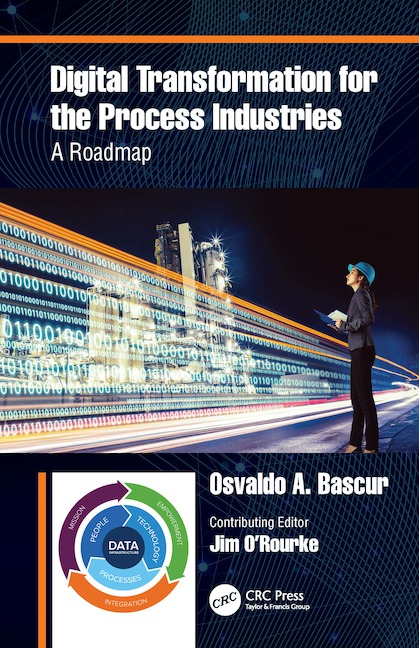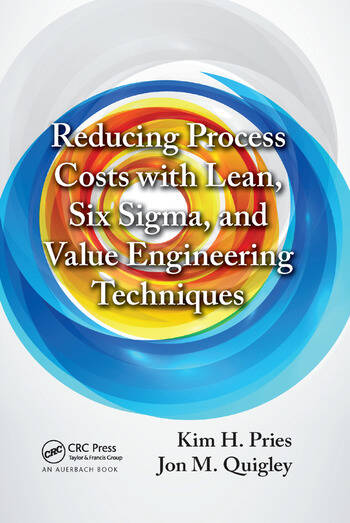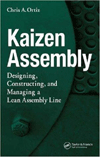New Lithium-Ion Battery Uses Simplified Production Process

CAMBRIDGE, MA—When it comes to battery innovations, much attention gets paid to potential new chemistries and materials. However, the importance of production processes for reducing cost often gets overlooked.
Engineers at 24M Technologies Inc. recently designed a battery that reduces the cost of manufacturing lithium-ion cells. The simplified design requires fewer materials and fewer steps to produce each cell.
The start-up company claims the design, which it calls “SemiSolid” for its use of gooey electrodes, can reduce production costs by up to 40 percent. The approach also improves the battery’s energy density, safety and recyclability.
“The SemiSolid platform has been proven at the scale of hundreds of megawatts being produced for residential energy-storage systems,” says Naoki Ota, CEO of 24M Technologies. “Now, we want to prove it at the gigawatt scale.”
Establishing large-scale production lines is only the first phase of 24M’s plan. Another key draw of its battery design is that it can work with different combinations of lithium-ion chemistries. That means 24M’s partners can incorporate better-performing materials down the line without substantially changing manufacturing processes.
The kind of quick, large-scale production of next-generation batteries that 24M hopes to enable could have a dramatic impact on the cost and performance of electric cars.
“This is a platform technology,” Ota says. “We’re not just a low-cost and high-reliability operator. That’s what we are today, but we can also be competitive with next-generation chemistry. We can use any chemistry in the market without customers changing their supply chains. Other start-ups are trying to address that issue tomorrow, not today. Our tech can address the issue today and tomorrow.”
Traditional lithium-ion batteries use solid electrodes separated from the electrolyte by layers of inert plastics and metals, which hold the electrodes in place. Stripping away the inert materials of traditional batteries and embracing the gooey electrode mix gives 24M’s design a number of advantages.
It eliminates the energy-intensive process of drying and solidifying the electrodes in traditional lithium-ion production. The company says it also reduces the need for more than 80 percent of the inactive materials in traditional batteries, including expensive ones like aluminum and copper. In addition, the design requires no binder and features extra thick electrodes, improving the energy density of the batteries.
Ota believes the new technology will accelerate EV adoption, because battery costs still make up 30 percent to 40 percent of the price of EVs, according to the Institute for Energy Research.
“Lithium-ion batteries have made huge improvements over the years, but even Elon Musk says we need some breakthrough technology,” says Ota. “To make EVs more common, we need a production cost breakthrough. We can’t just rely on cost reduction through scaling, because we already make a lot of batteries today.”
Looking for a reprint of this article?
From high-res PDFs to custom plaques, order your copy today!








